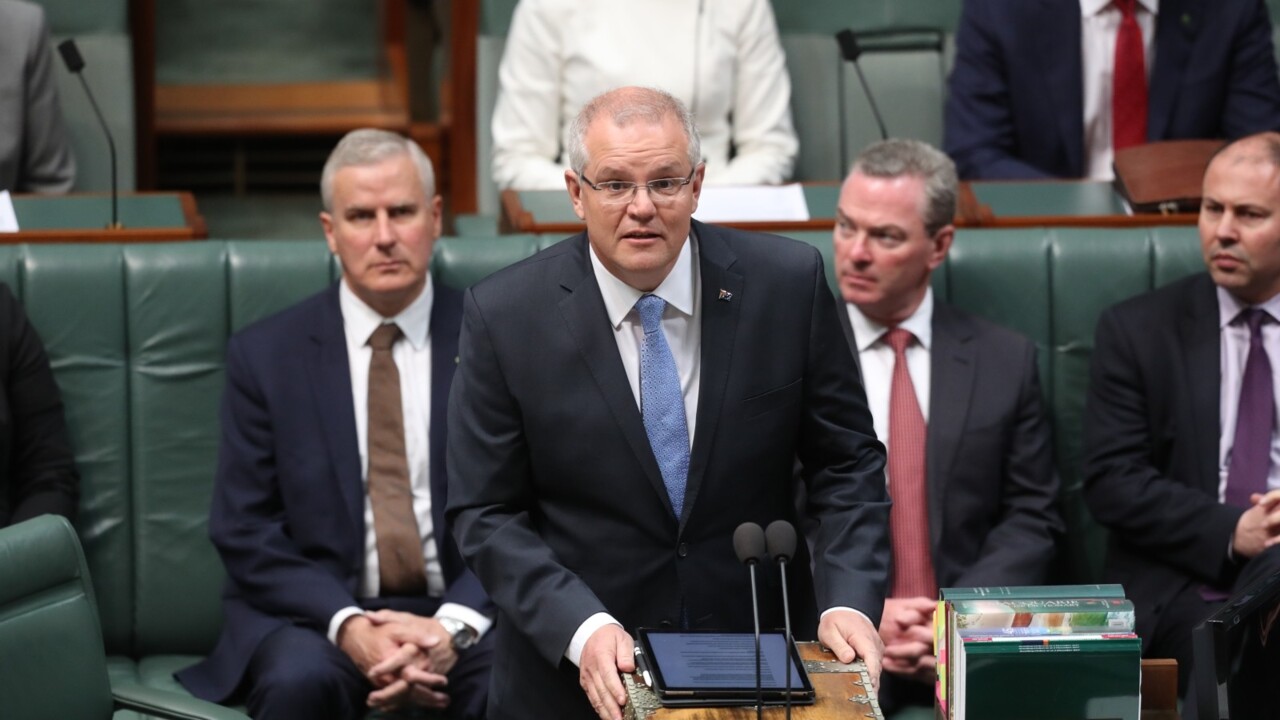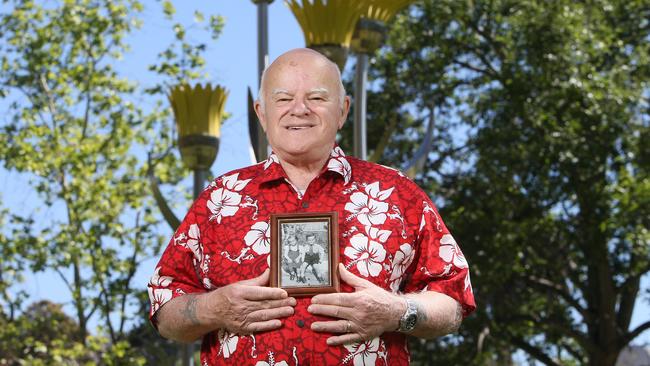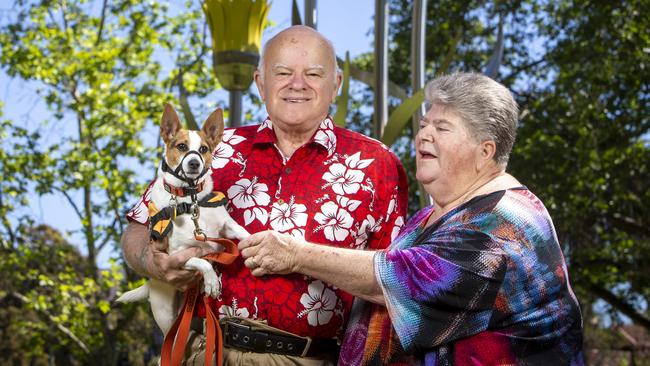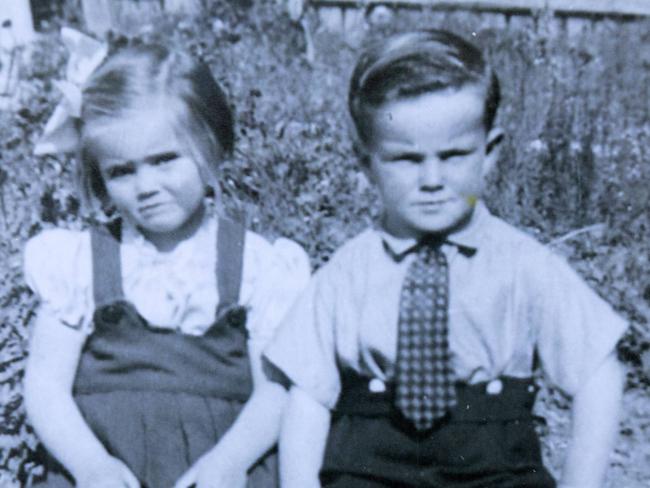Abused, forgotten and now facing one last terrifying ordeal – the aged care dilemma facing elderly child abuse victims
Adelaide grandfather Peter Arbon is a Forgotten Australian. His trauma from childhood abuse runs deep ... and at age 73, he now faces a frightening dilemma.

Lifestyle
Don't miss out on the headlines from Lifestyle. Followed categories will be added to My News.
Peter Arbon is a “Forgotten Australian” – one of tens of thousands of South Australian children abused while in institutionalised care decades ago.
“I had a terrible life in the boys’ home,” said Mr Arbon, from Adelaide’s northern suburbs.
The 73-year-old is telling his story today so that the wider community and the aged care sector better understand and react to the ageing needs of Forgotten Australians like him.
“Not enough is being done in aged care to recognise or support Forgotten Australians – its only a few good providers that are making the changes needed,” said Mr Arbon.
“People need to know what we have gone through and what continues to affect us so that we can be taken care of in a very individual way as our needs are very different as we age.”

Forgotten Australians are the estimated 500,000 children placed in institutional care from the 1930s to 1989 who have been subject to appalling deprivations and abuse.
The legacy of their abuse remains a frequent trigger for anxiety and stress, and is a barrier to accessing residential aged care for those now entering their 70s and 80s.
Those barriers, Mr Arbon said, included lack of trust, dislike of authority, fear of loss of control and of physical spaces and processes of care that bring them back to childhood experiences.
Just the smell and sounds of a residential facility can trigger Forgotten Australians, he said.
He receives in-home care and can’t fathom being placed in residential aged care, despite knowing much has improved in the care of elderly over the years.
On Monday, Mr Arbon will gather with 30 other child abuse victims at the Memorial to Forgotten Australians at Peace Park in North Adelaide to mark 12 years since Prime Minister Kevin Rudd delivered a national apology to Forgotten Australians.

Mr Arbon was among four of 11 siblings removed from his parents in the 1950s and placed in the state-run Glandore Boys Home.
It was here that Mr Arbon said he was repeatedly abused physically and mentally by his peers from the age of seven to about 13. He said he was an easy target for abuse after contracting polio and having to wear metal callipers.
“I used to hide in the kitchen, and there was a lovely lady that lived across the road from the boys’ home and … I would stay there and she would protect me,” said Mr Arbon.
He is among a group of 20 Forgotten Australians who have taken part in Flinders University research that has helped shape processes, protocols and culture developed and adopted by Adelaide aged care provider Helping Hand.

Helping Hand CEO Chris Stewart said: “The perception and possibility of re-traumatisation when accessing aged care services requires specific consideration for the sector to meet the unique needs of this group who are now ageing.”
Helping Hand has worked with Forgotten Australians to co-design ways that are helping increase engagement with aged care, and training and supporting other aged care providers across the nation in their service design and delivery for Forgotten Australians.
“Some practical examples of how we are achieving this include knowledge around who Forgotten Australians are, providing trauma-informed care training, reviewing systems and processes around identification, and supporting people to tell their stories once without having to re-tell it,” said Mr Stewart.





